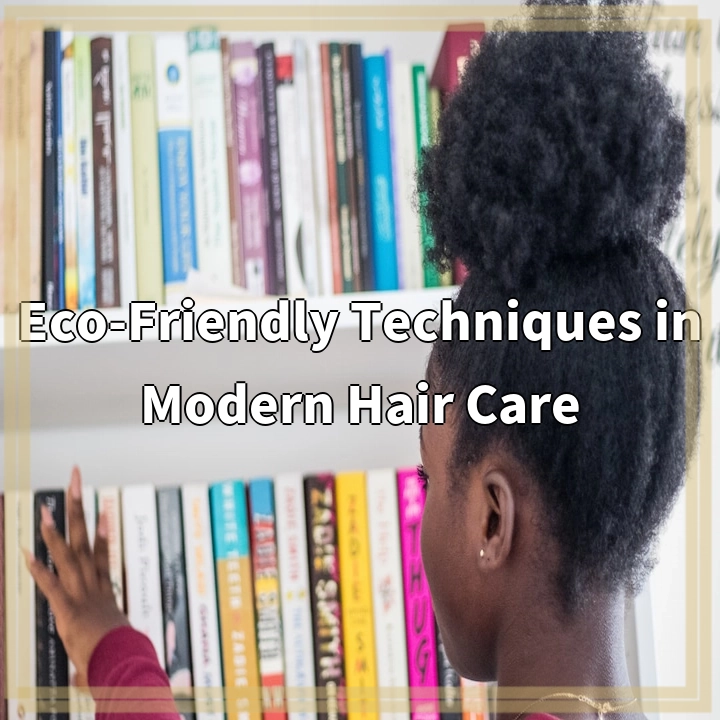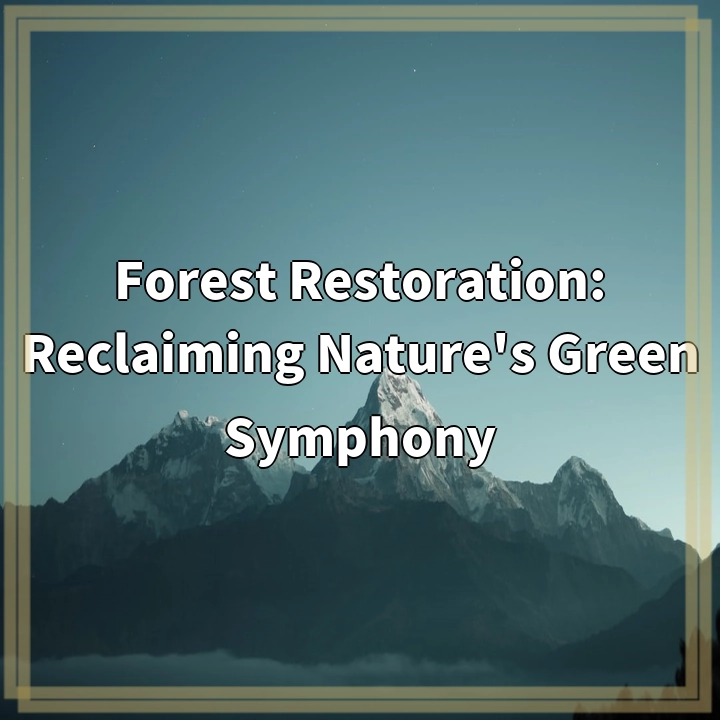
What are Eco-Friendly Techniques in Modern Hair Care?
Eco-friendly techniques in modern hair care refer to practices and strategies that prioritize sustainability and the reduction of negative environmental impacts throughout the hair care process. These techniques are aimed at minimizing the use of harmful chemicals, reducing water consumption, promoting ethical sourcing of ingredients, and implementing sustainable packaging methods.
Real-World Problems Associated with Conventional Hair Care
Conventional hair care practices often contribute to various environmental issues, including:
1. Chemical Pollution
Traditional hair care products such as shampoos, conditioners, and styling products often contain harsh chemicals like sulfates, parabens, and synthetic fragrances. When these products are washed off and enter our water systems, they can pollute lakes, rivers, and oceans, posing a threat to aquatic organisms and ecosystems.
2. Water Waste
Many conventional hair treatments require excessive water usage, such as long rinsing times or filling up large basins for hair washing. This wasteful practice puts pressure on water resources, especially in regions experiencing water scarcity.
3. Packaging Waste
The beauty industry produces a significant amount of plastic packaging waste. Hair care products often come in non-recyclable plastic containers and are frequently packaged in excessive layers, leading to increased landfill waste and pollution.
4. Animal Testing
Some hair care companies still conduct animal testing to ensure the safety and efficacy of their products. This outdated practice is inhumane and unnecessary, considering the availability of alternative testing methods that do not harm animals.
5. Unsustainable Ingredient Sourcing
Certain hair care ingredients, such as palm oil and palm derivatives, contribute to deforestation and habitat destruction. The demand for these ingredients can have devastating impacts on rainforests and the wildlife that depend on them.

Solutions for Eco-Friendly Techniques in Modern Hair Care
Addressing the real-world problems associated with conventional hair care requires adopting eco-friendly alternatives and practices. Here are some solutions:
1. Switch to Natural and Organic Hair Care Products
Choosing natural and organic hair care products free from harmful chemicals can significantly reduce chemical pollution. Look for products that are certified organic or have transparent ingredient lists.
2. Utilize Water-Saving Techniques
Implementing water-saving techniques, such as shorter rinsing times, using dry shampoo between washes, and installing low-flow showerheads, can help reduce water waste in hair care routines.
3. Opt for Sustainable Packaging
Support hair care brands that prioritize sustainable packaging methods. Look for products packaged in recyclable or biodegradable materials, or those that offer refillable options to minimize packaging waste.
4. Choose Cruelty-Free Hair Care Brands
Supporting cruelty-free hair care brands ensures that no animals are harmed during product testing. Look for certifications such as Leaping Bunny or PETA’s cruelty-free logo.
5. Source Sustainable and Ethical Ingredients
Prioritize hair care products that use sustainably sourced ingredients to avoid contributing to deforestation or habitat destruction. Look for certifications like Fair Trade or Rainforest Alliance.















